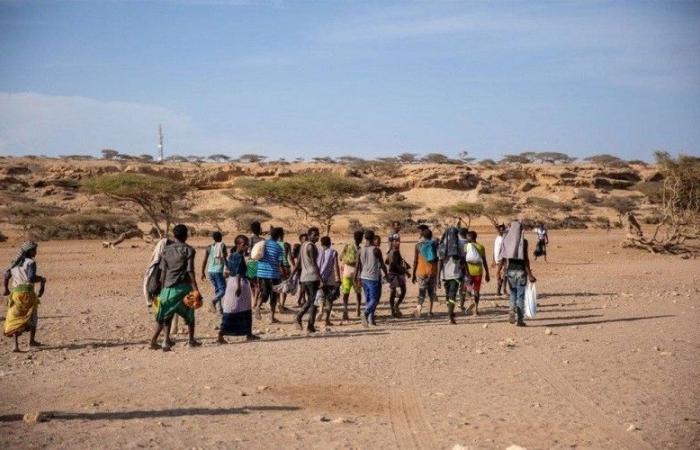
The entire world celebrates International Migrants Day on December 18 each year, a crucial opportunity to reaffirm and promote the human rights of migrants, whether legal or not. This symbolic day was chosen by the United Nations (UN) to mark the anniversary of the adoption of the Convention for the Protection of the Rights of All Migrant Workers and Members of Their Families, a resolution adopted on 18 December 1990 by the UN General Assembly. However, this convention remains inapplicable because it has not been sufficiently ratified by UN member states, including France.
The 1990 Convention: a major text for migrants
The 1990 UN Convention aims to protect all migrant workers and their families, guaranteeing their fundamental rights throughout their migration journey, from origin to destination. It concerns all migrants who “will carry out, carry out or have carried out” work, whatever their migration status, taking into account the vulnerability of these workers and their relatives. The human rights of migrants, whether in a legal situation or not, must be respected and protected.
A lack of ratification: why is France delaying?
Despite the importance of this Convention, France has still not ratified this text, unlike many countries which have adopted it. The Convention entered into force on July 1, 2003, but to date only 27 states have ratified it. Among these countries, we find mainly emigration countries, but none of the most industrialized countries, such as France, have signed it. This lack of ratification by France, as well as most other European countries and major immigration nations, raises questions about governments’ real commitment to migrant rights.
The evolution of migrants’ rights: a worrying decline
Since 1990, the living and working conditions of migrants have deteriorated. Although the European Union has introduced free movement for citizens of member states, it has simultaneously tightened rules regarding asylum and residence for third-country nationals. Furthermore, the principle of non-discrimination, enshrined in the Treaty of Amsterdam, explicitly excludes any discrimination based on nationality, but current practices seem far from this vision of equality.
The call from the United Nations and international institutions
Faced with the increasing precariousness of migrants’ rights, international institutions such as the United Nations, the European Union and civil society organizations constantly remind people of the importance of the 1990 Convention. Migrants, whether they are regular or not, must be protected, and the defense of human rights cannot be selective. France, which advocates a strengthened role for the United Nations in international affairs, should be more sensitive to these calls.
Countries that have ratified the Convention
To date, the following countries have ratified the United Nations Convention for the Protection of Migrant Workers and Their Families (list updated January 2011): Albania, Algeria, Argentina, Azerbaijan, Belize, Bolivia, Bosnia and Herzegovina, Burkina Faso, Cape Verde, Chile, Colombia, Egypt, Ecuador, Ghana, Guatemala, Guyana, Guinea, Honduras, Kyrgyzstan, Lesotho, Libya, Mali, Morocco, Mexico, Nicaragua, Peru, Philippines, El Salvador, Senegal, Seychelles, Sri Lanka, Saint Vincent and the Grenadines, Syria, Tajikistan, East Timor, Turkey, Uganda, and Uruguay.
Moctar FICUU / VivAfrik





